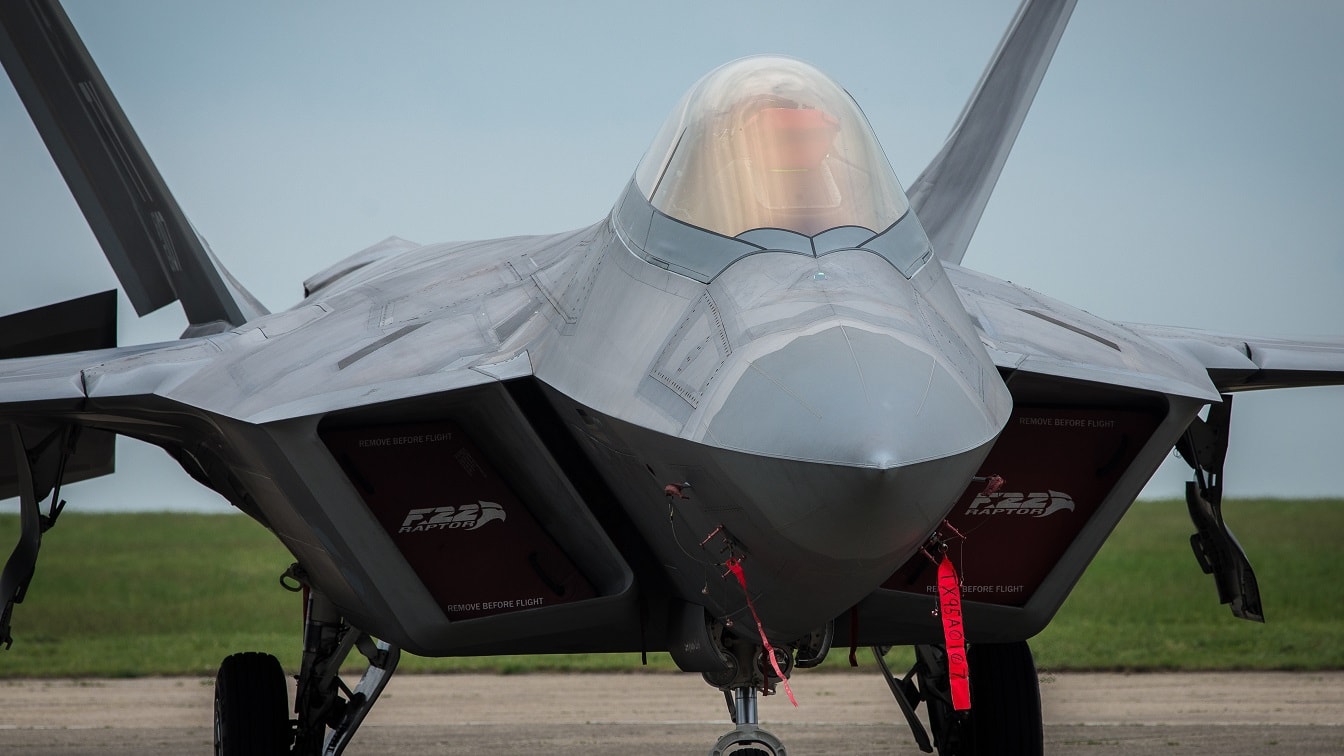Nine Countries Indicate Support for Ukraine Joining NATO: The leaders of nine NATO countries issued a joint statement on Sunday supporting giving Ukraine a path to membership in the military alliance. The statement also went further than simply offering support for Ukraine’s membership bid, however, and called on all 30 NATO member states to increase military support for Ukraine.
Leaders of Slovakia, Romania, Poland, Czechia, Latvia, Estonia, Lithuania, North Macedonia, and Montenegro published the statement on their respective government websites on Sunday, pledging support for Ukraine’s right to self-determination and defense, as well as President Volodymyr Zelenskyy’s formal application for NATO membership that was signed on September 30.
“We support Ukraine in its defense against Russia’s invasion, demand (that Russia) immediately withdraw from all the occupied territories and encourage all allies to substantially increase their military aid to Ukraine,” the statement reads.
The statement also expressed the firm support of the decision made during the 2008 Bucharest NATO Summit that welcomes the aspirations of both Ukraine and Georgia to join NATO, but which did not include a clear pathway to the ascension of both states to the alliance. A timeline was not given in the Sunday joint statement, but it did reiterate support for future NATO membership for Ukraine.
Will It Happen?
While any mainstream outlets saw an opportunity to paint the joint statement as a possible indication that Ukraine is about to be accepted into NATO, the chances of that happening any time soon seem slim. Even the joint statement from these nine nations appeared to recognize the significance of joining a military alliance during a time of war, failing to offer a timeline for membership and instead only supporting a pathway to future membership.
White House national security adviser Jake Sullivan also suggested that membership for the country should be “taken up at a different time” when asked about the situation on Friday – a position that appears to be held by virtually all of the larger and more powerful NATO member states.
NATO Secretary-General Jens Stoltenberg has also expressed disinterest in taking up the issue as a matter of urgency, too, recognizing that allowing a country already at war into NATO would immediately result in a global military conflict.
For Ukraine’s application to succeed, it will need the unanimous support of all 30 member states – and at present, even the countries in support of Ukraine joining the military alliance seem uncertain about the timeline.
Jack Buckby is a British author, counter-extremism researcher, and journalist based in New York. Reporting on the U.K., Europe, and the U.S., he works to analyze and understand left-wing and right-wing radicalization, and reports on Western governments’ approaches to the pressing issues of today. His books and research papers explore these themes and propose pragmatic solutions to our increasingly polarized society.

